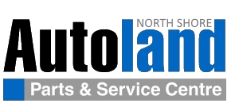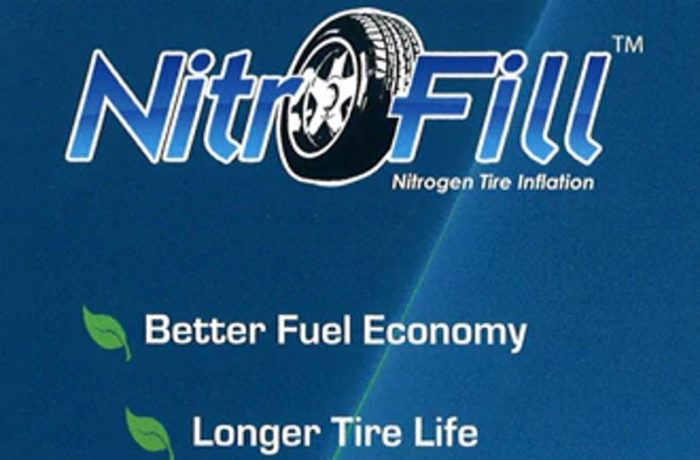Better Fuel Economy, Longer Tire Life, Enhanced Safety,
a Smaller Carbon Footprint… and So Much More.
Only $25.00
Replacing the air in your tires, and properly maintaining them with NitroFill can increase your tire life by as much as 50%, increase your fuel economy as much as 10% and decrease your chances of experiencing a tire failure by as much as 75%… all while reducing your carbon foot print.* While these advantages alone will easily outweigh the cost of converting your tires to NitroFill, they are but a sliver of the benefits you can enjoy as a NitroFill customer.
High purity nitrogen has been used as a tire inflation medium in critical applications, where safety, precision and economy are paramount concerns, for decades. The FAA actually mandates the use of nitrogen in all jet aircraft tires and it's the inflation standard in countless military vehicles. Nitrogen inflation is also required by Nascar, Formula One and most racing venues. Unfortunately, the high cost and complexities of generating and properly administering nitrogen have kept it out of the reach of the general motoring public until recently.
What makes nitrogen such a great inflation gas for tires? Actually, nothing… or more precisely, the fact that it is nothing. Nitrogen is an "inert" gas, meaning it's a property-free, non-reactive substance or, more simply put: "nothing." And nothing is exactly what tires should be filled with, as in: nothing but pressure.
So if nitrogen is nothing, it can't possibly be beneficial… at least until you compare it to the alternative: air. The good old regular air that we have been using to inflate automotive tires for the past 150 years is already 79.1% nitrogen. The problem with regular air and the reason it is such a poor inflation medium is that it also contains about 20% oxygen.
Everyone knows that oxygen is essential for human survival and the wellbeing of almost every other living organism. However, it's also quite destructive to almost everything else, think "oxidation." Oxidation, also known as rust, rot and corrosion, is the absolute enemy of anything composed of rubber and steel, such as your tires and wheels. Because nitrogen is an inert gas and oxygen free, it is impossible for oxidation to occur. Further, without the presence of oxygen … the "O" in "H2O" … water or condensation cannot form in a tire. Hence, no oxygen: no oxidation, no tire rot, no interior wheel or valve rust or corrosion, no water formation or water related issues.
While regular air is bad for tires, compressed air is even worse. Running air through a compressor typically adds trace amounts of oil and particulate, as well as water vapor … all combining to further rust, rot, corrode and otherwise compromise your tire and wheel assemblies.
As troublesome as oxidation, moisture and the resulting damage they cause are, there is a much greater benefit to eliminating oxygen: better pressure retention. The most detrimental property of oxygen is actually its small molecular structure. A molecule of oxygen, which again comprises about 20% of regular air, is roughly 1/4 of the size of a molecule of nitrogen. Oxygen molecules are so small that it is completely normal for air filled tires to lose 1-3 PSI each month from "permeation." Permeation is the normal process by which the oxygen molecules in compressed air seep through a tire's carcass. It is the reason that your, and everyone else's, air filled tires constantly lose 1-3 PSI of air every month. Nitrogen filled tires, on the other hand, typically lose no pressure from permeation… even over many months of use. So, by inflating your tires with high purity nitrogen, they will remain at their proper operating pressure much longer.
You will find Autoland, North Shore particularly convenient if you live or work around the following areas:
Mairangi bay, Sunnynook, Sunset North, Meadowood, Wairau Park, Rothesay Bay, Pinehill, Campbells Bay, Forest Hill, Murrays Bay and Rosedale.

